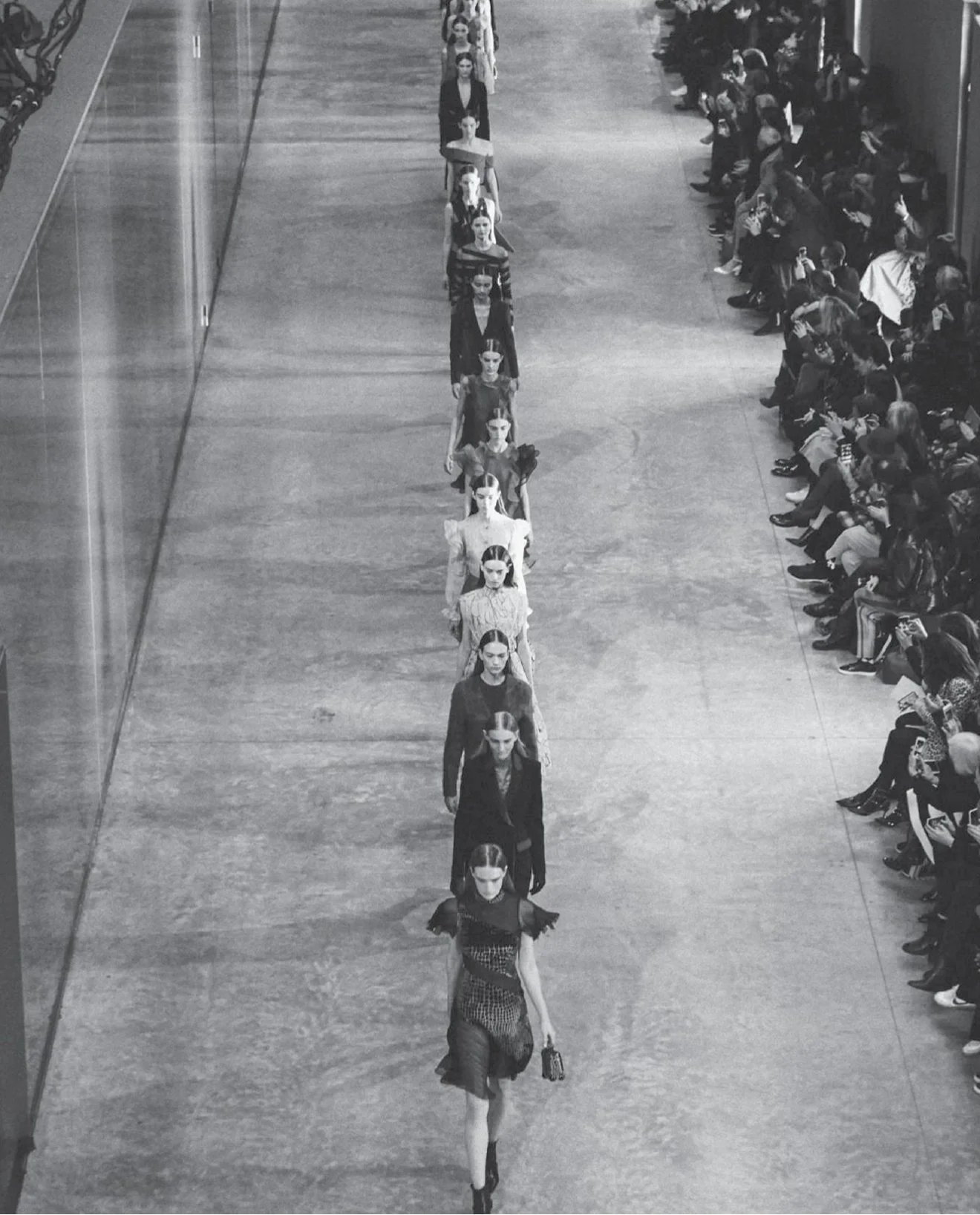In an age of technology and innovation, artificial intelligence is finally making its mark on the fashion industry. Recently, Vogue’s August issue featured a new Guess campaign that utilized images of AI-generated models. The images were discreetly labeled “Produced by Seraphinne Vallora on AI.”
Seraphinne Vallora, a London-based AI marketing agency, created two digital "models" for the Guess advertisement: a blonde named Vivienne and a brunette named Anastasia. The magazine’s release received widespread backlash. Across social media platforms like TikTok and Instagram, viewers expressed deep shock and disapproval over the revolutionary edition. Long‑time Vogue subscribers announced cancellations. Fashion-influencers expressed how the AI models discouraged them from wanting to purchase new products. Even those in support of technological progress found themselves in a moral dilemma between efficiency and authenticity.
On the other hand, while critics raise concerns, AI still offers notable advantages for fashion brands. By utilizing AI models, companies can experiment with different locations, shots, and styling without the need for casting directors, green rooms, retouching, and without providing the models with rest breaks. In a fraction of the time required for traditional shoots, AI tools can generate models whose every angle, expression, and shadow conform to an idealized beauty standard. Additionally, AI models are not susceptible to health conditions such as sickness or skin breakouts, further streamlining the production process.
In an interview with Good Morning America, Seraphinne Vallora's co-founders Valentina Gonzalez and Andreea Petrescu expressed that they only wish to further supplement fashion and not replace the usage of traditional human modeling.
“We are here to co-exist together, and we will always see photography, stylists and everyone involved in a photo shoot as incredibly important," Gonzalez said. "The heart of fashion is photography. We will never challenge that."
Ultimately, the future of fashion, modeling, and advertising remains uncertain. Despite its efficiency, is AI the best way to further enhance fashion marketing, or will it cause viewers to withdraw their support from certain brands? This debate reveals a deeper tension between progress and preservation: should fashion prioritize technological advancement and refinement or remain rooted in tradition and human creativity? As major brands like Guess continue to experiment with AI, the question is not just how technology will shape fashion, but whether fashion can maintain its authenticity in the process.
